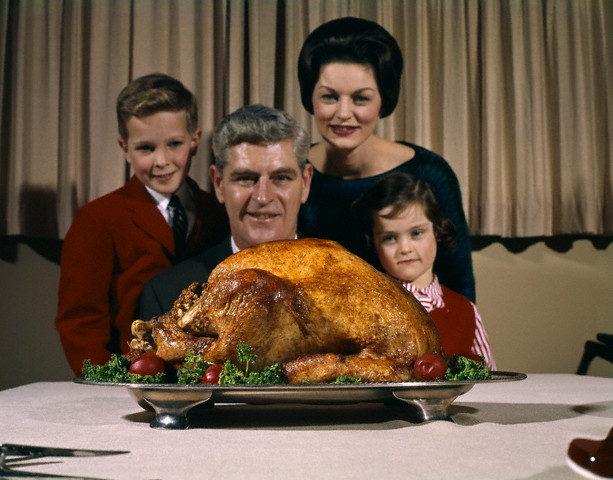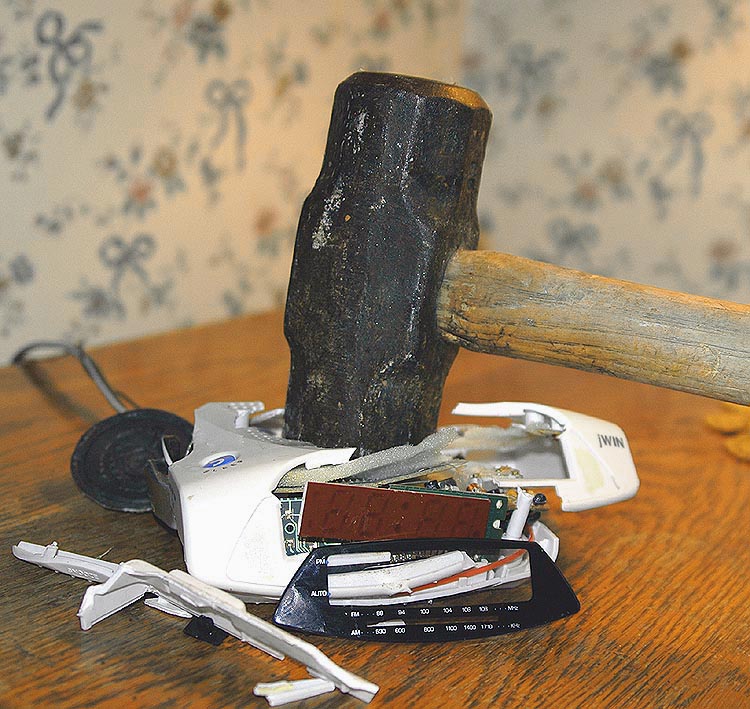
In the midst of radiation treatment my home was like grand central station with visitors coming and going all day long. I needed the help and the company, and was grateful to have people stopping by.
But for some patients, having visitors isn’t as easy or welcomed. Many folks don’t want anyone around when they look and feel like crap. Others want privacy and alone time. And lots of guests just don’t know how to behave in the best interest of the sickie. So, I’ve come up with a list of tips for both patients and visitors:
For Patients
- Nobody is a mind reader. Email friends and family about your wishes.
- Think about who you are willing to have see you at your worst.
- Let people know if it is not okay to visit at the hospital or at home.
- Clearly broadcast your energy level and the length of visit you’d like.
- Demand people stay away if they have germs.
- If you’ve got a roommate or partner get clear with each other so if you have different desires you don’t send mixed messages to guests.
For Visitors
- Have awareness. The goal is to be helpful, even it means staying away.
- While visiting, ask what you can do to help out around the house.
- Sometimes help without asking. If the trash is full just take it out.
- Never stop by unannounced.
- Don’t overstay your welcome.
- Silence can be comforting. Offer to sit together without talking.
- Think about visiting with the sick person’s kids, partner, or caregiver allowing the sick person time to just rest
What are some of the best and worst stories you have about people who visited you when you were sick? Do you have any tips to add to the list?
![]()
![]()






 “Everything Changes is, without doubt, the most forthright, emotionally sophisticated, and plain-old valuable book of its kind I've seen.”
“Everything Changes is, without doubt, the most forthright, emotionally sophisticated, and plain-old valuable book of its kind I've seen.”












